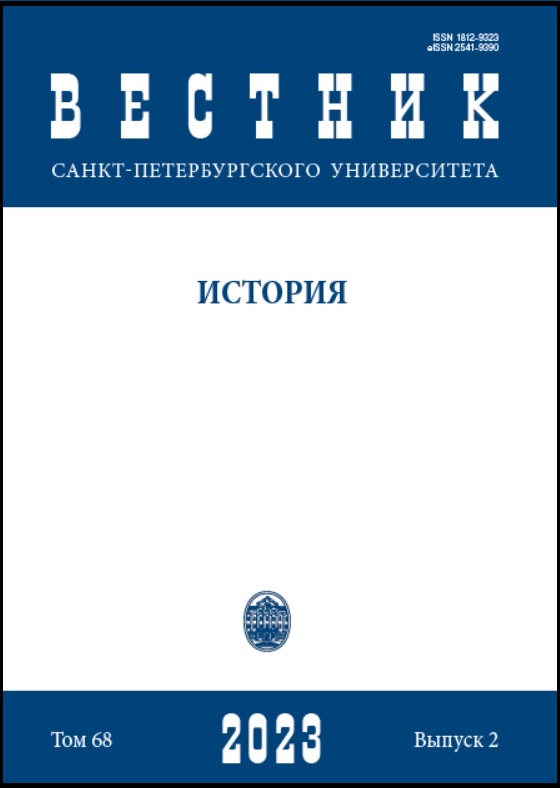Finnish-Turkish Relations as Reported by Envoy Yrjö-Koskinen
DOI:
https://doi.org/10.21638/spbu02.2023.210Abstract
This article focuses on Finland’s relations with Turkey in 1940–1944. Although Turkey recognized Finland’s independence as early as 1918 and established diplomatic relations with Finland in 1926, Finland did not have a diplomatic mission in Ankara until 1940. The protracted nature of the relations was mainly determined by the lack of a basis (political or economic) for Finland’s interest in Turkey. A sharply changed situation following the Soviet-Finnish war (1939–1940) and the war in Europe inevitably required additional information for evaluation of the processes taking place. Neutral Turkey could provide such an opportunity even by virtue of the fact that the Finnish diplomatic representative was able to contact with diplomats of both Axis and Western powers (with the British Embassy before relations with Finland were severed by England in 1943). The content of the reports of the Finnish envoy A. A. Yrjö-Koskinen enable to imagine the extremely difficult situation of Turkey, which was under constant political pressure from the opposing sides. From the point of view of the Turkish state and military leadership, the victory of either side in the World War posed a risk to Turkey. In reality, Yrjö-Koskinen’s role as the head of Finland’s diplomatic mission was reduced to collecting somewhat chaotic information about world events, not always accompanied by his own analyses or comments. At the same time, the envoy’s reports to the Finnish Foreign Ministry showed the lack of any evident Turkish interest in the development of relations with Finland.
Keywords:
Turkey, Finland, Germany, international relations, diplomacy, World War II
Downloads
References
Downloads
Published
How to Cite
Issue
Section
License
Articles of "Vestnik of Saint Petersburg University. History" are open access distributed under the terms of the License Agreement with Saint Petersburg State University, which permits to the authors unrestricted distribution and self-archiving free of charge.





